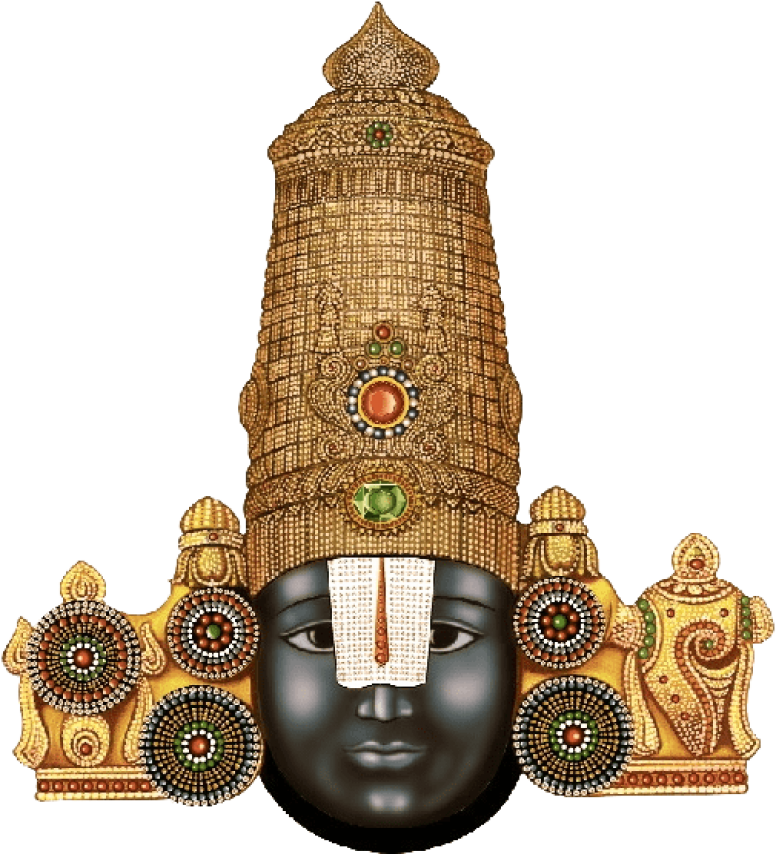Perumal temples, dedicated to Lord Vishnu in his various forms, host a variety of activities aimed at fostering devotion, spiritual growth, and community engagement. Here are some common activities found in Perumal temples:
- Daily Pujas and Rituals: Perumal temples conduct regular pujas (worship rituals) multiple times a day. These rituals typically include offerings of flowers, fruits, incense, and sacred chants to the deity. Devotees gather to participate in these rituals and seek the blessings of the deity.
- Abhishekam: Abhishekam is the ritual bathing of the deity’s idol with sacred substances such as milk, honey, water, and sandalwood paste. This ritual is believed to purify the deity and bestow blessings upon the devotees. Abhishekams are often performed on special occasions or as part of regular temple rituals.
- Arati: Arati is the ceremonial waving of lighted lamps before the deity, accompanied by the singing of hymns and prayers. Arati is performed multiple times a day in Perumal temples, signaling the culmination of puja rituals and inviting devotees to offer their reverence to the deity.
- Special Pujas and Festivals: Perumal temples celebrate a wide range of festivals and special occasions throughout the year. These festivals often involve elaborate rituals, processions, cultural performances, and community feasts. Some of the major festivals celebrated in Perumal temples include Vaikunta Ekadashi, Rama Navami, Krishna Janmashtami, and Deepavali.
- Utsavams (Temple Festivals): Utsavams are annual temple festivals that span several days and involve grand processions of the temple deity in beautifully decorated chariots or palanquins. These festivals attract large crowds of devotees who participate in the festivities, offer prayers, and seek blessings.
- Scripture Recitations and Discourses: Perumal temples often host discourses and lectures on Hindu scriptures such as the Bhagavad Gita, Vishnu Purana, and Ramayana. These sessions are led by scholars, priests, or spiritual leaders and provide devotees with opportunities for learning, reflection, and spiritual guidance.
- Charitable Activities: Many Perumal temples are involved in charitable activities aimed at serving the needs of the community. These activities may include providing free meals (annadhanam) to devotees, organizing medical camps, supporting educational initiatives, and offering assistance to the underprivileged.
- Cultural and Educational Programs: Perumal temples may organize cultural events, music concerts, dance performances, and religious seminars to promote cultural awareness and spiritual education among devotees.
These activities contribute to the vibrant and dynamic atmosphere of Perumal temples, serving as centers for spiritual nourishment, community bonding, and the preservation of Hindu traditions and culture.
